Problem-Solving Skills Normal Math Worksheets for 8-Year-Olds - Page 2
49 filtered results
-
From - To
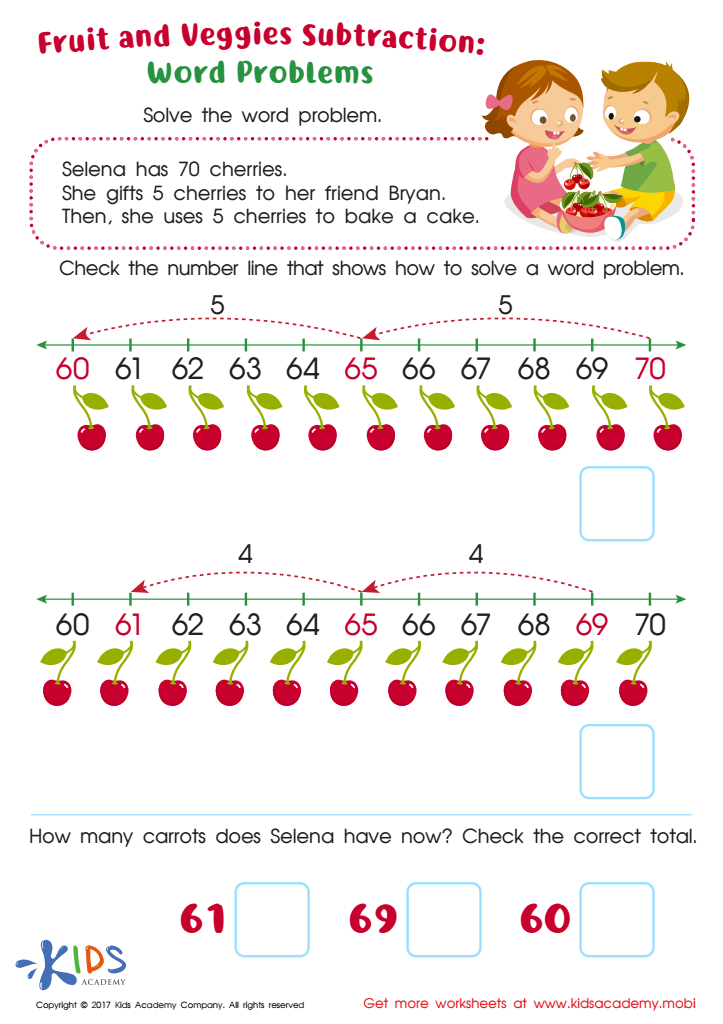

Subtraction Word Problems Free Printable
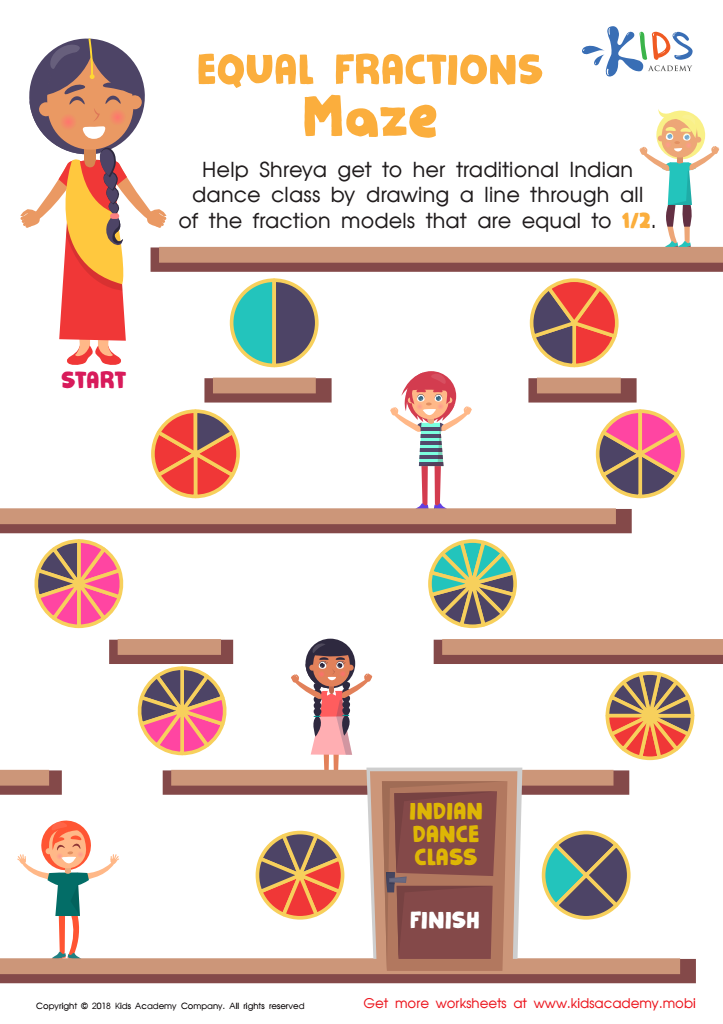

Equal Fractions Maze Worksheet
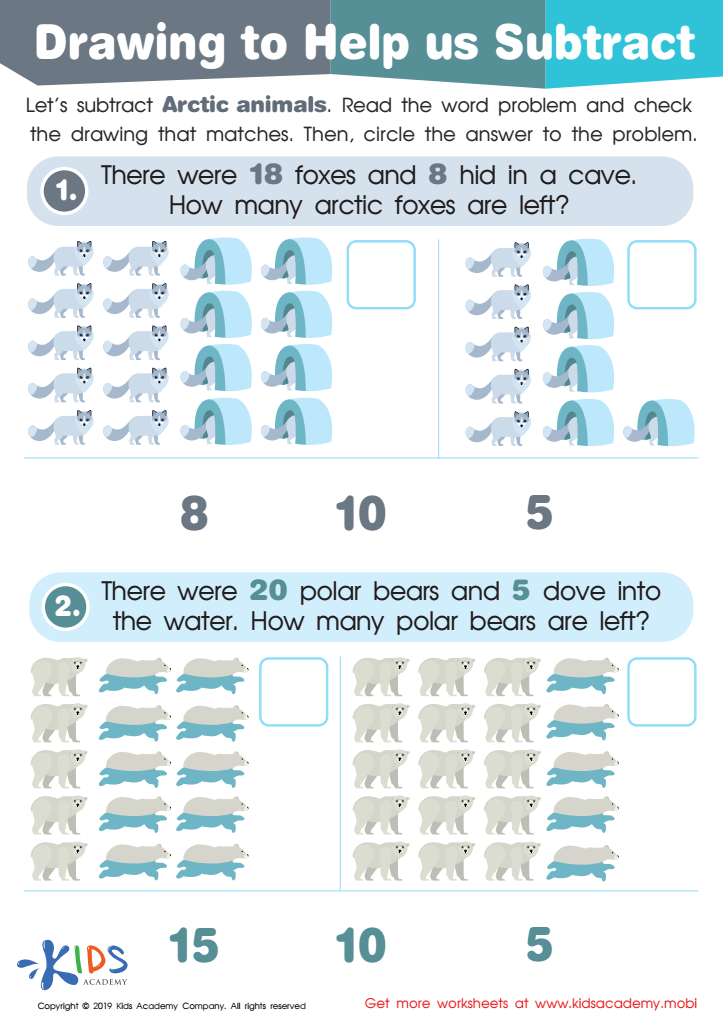

Drawing to Help Us Subtract Worksheet
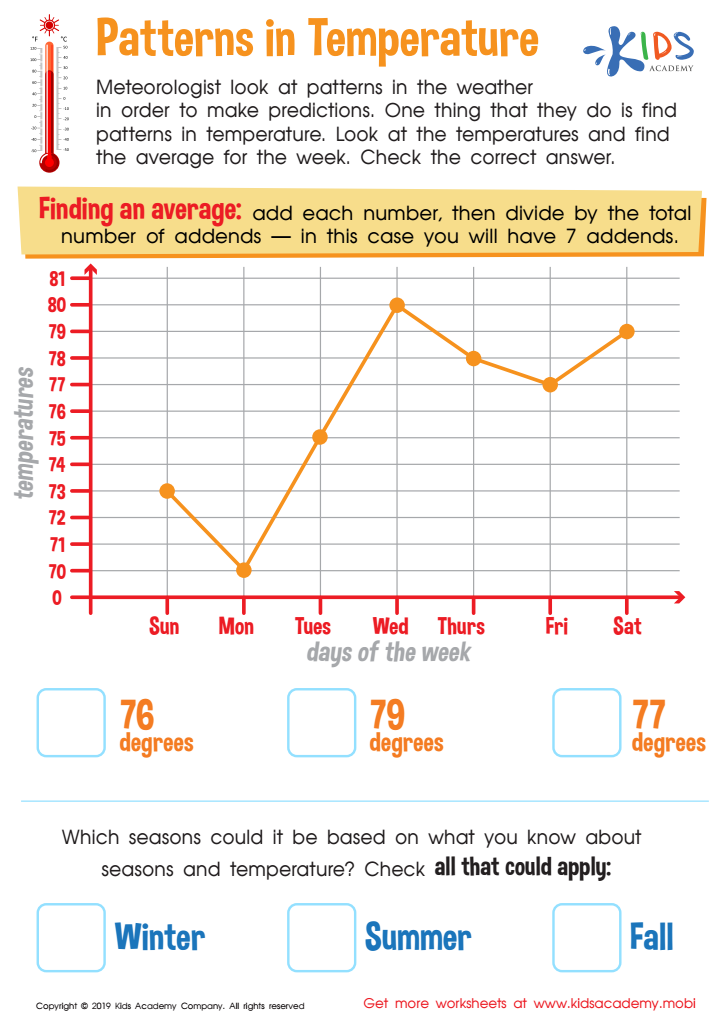

Patterns in Temperature Worksheet


Solve the Problem: Trick–or–treating Worksheet
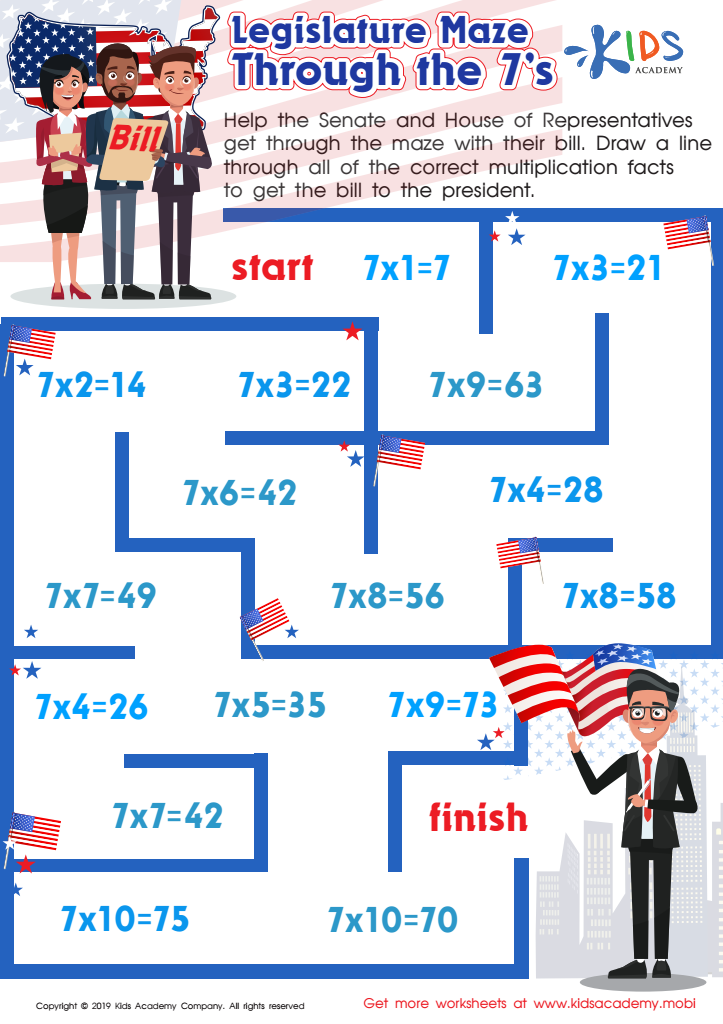

Legislature Maze Through the 7’s Worksheet
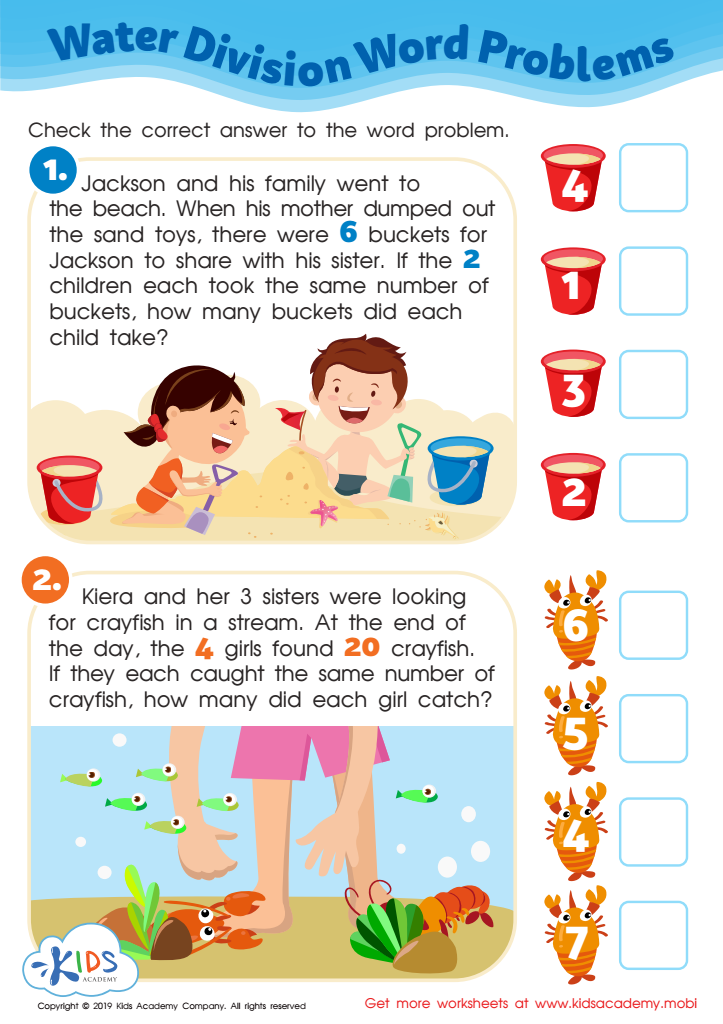

Water Division Word Problems Worksheet


Logic Game Sorting Worksheet
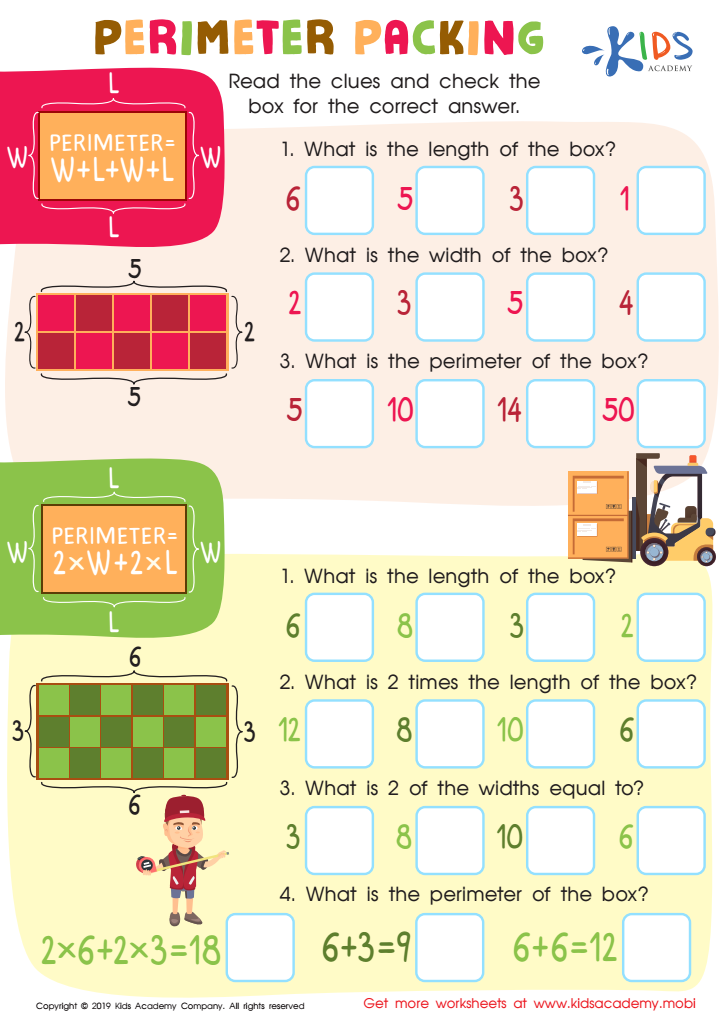

Perimeter Parking Worksheet
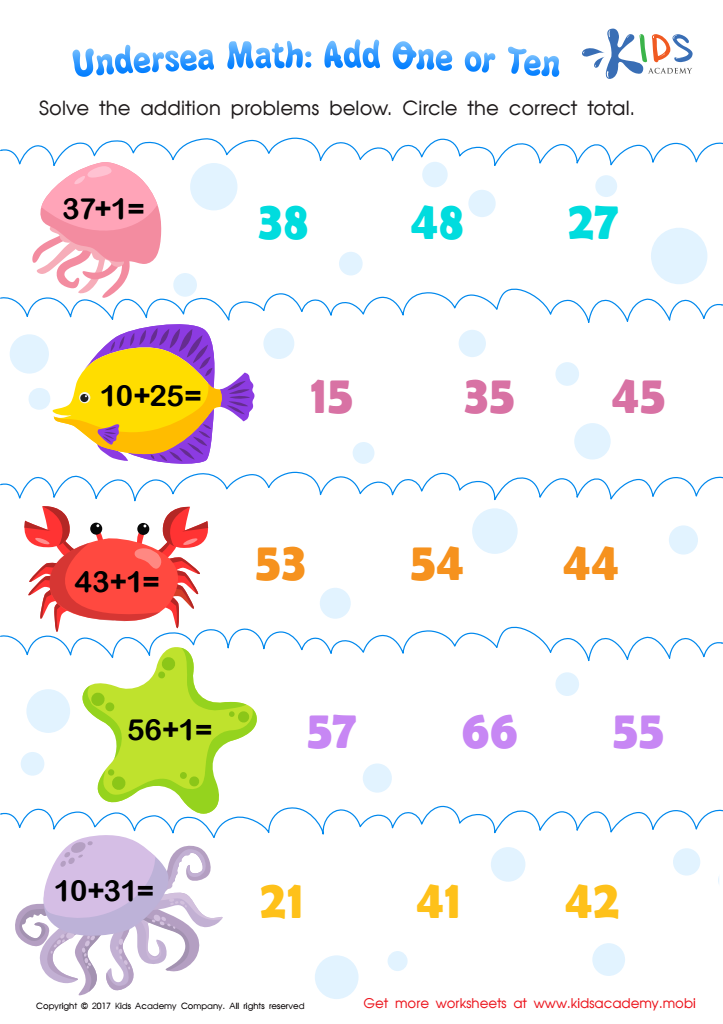

Undersea Math Worksheet


Rounding Numbers Worksheet


Word Problems: Assessment 2 Worksheet
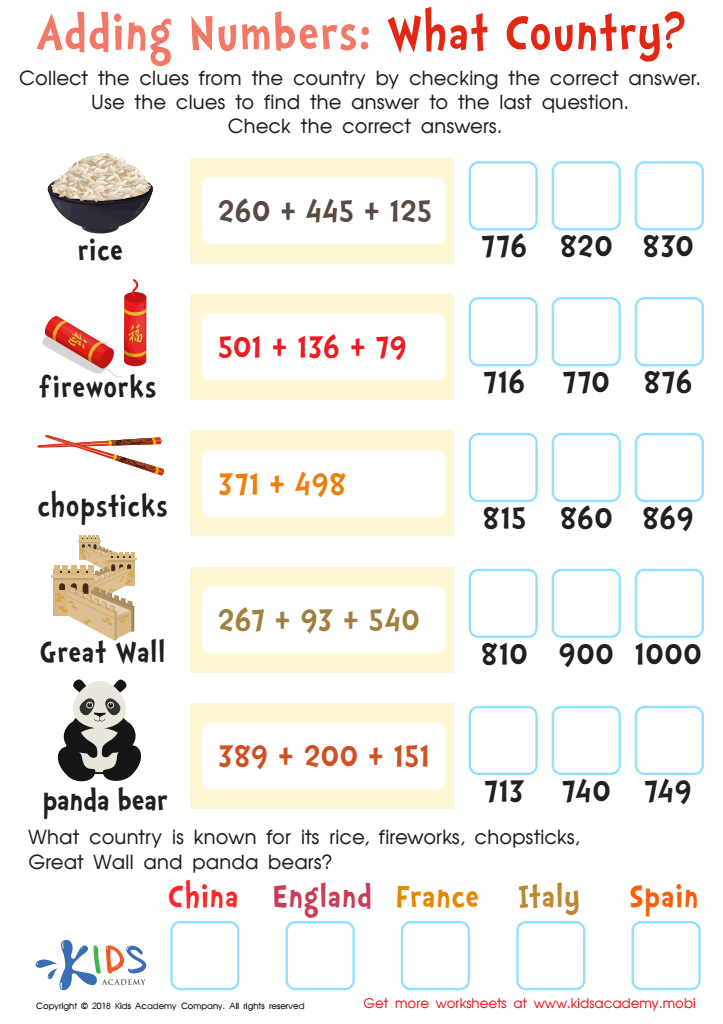

Adding Numbers: What Country Worksheet


Addition and Subtraction: Word Problems Worksheet
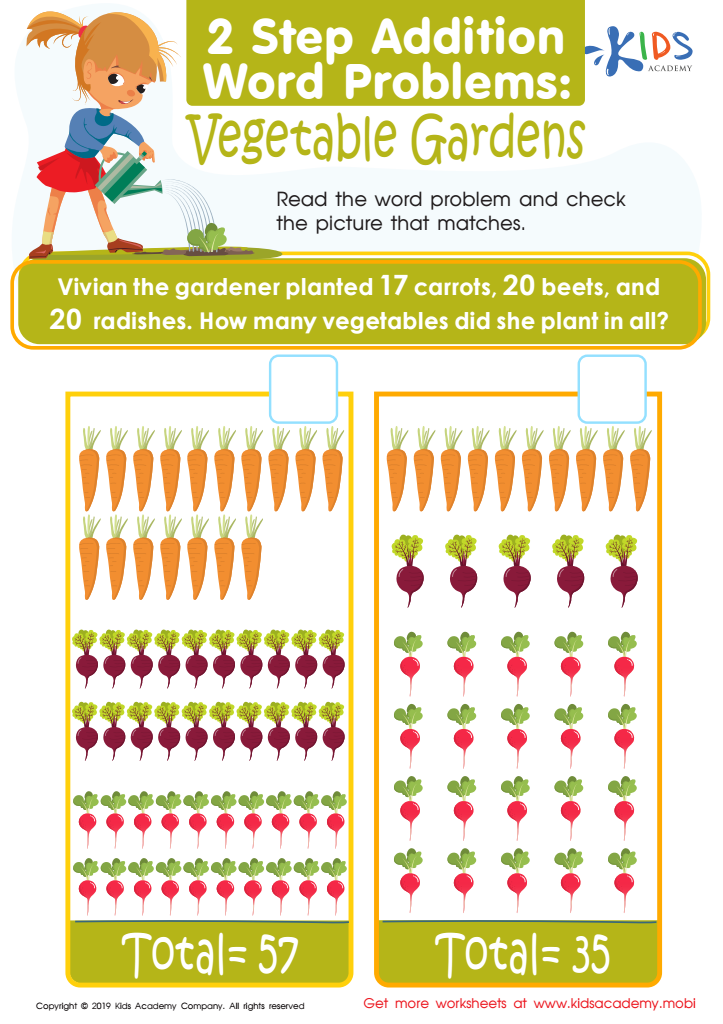

Vegetable Gardens Worksheet
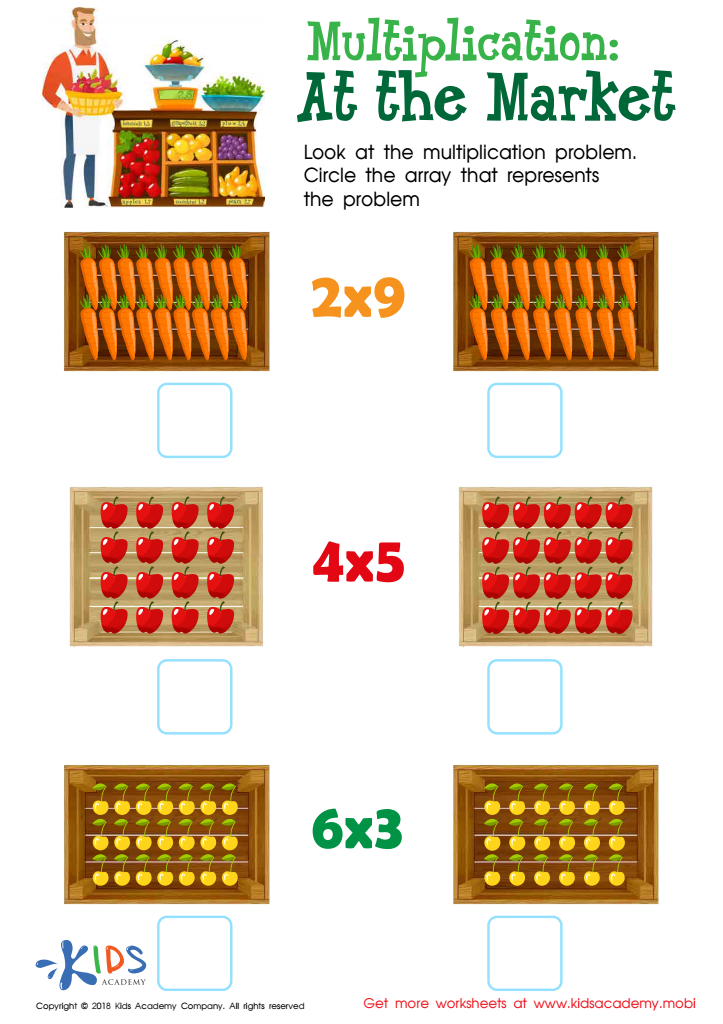

At the Market Worksheet
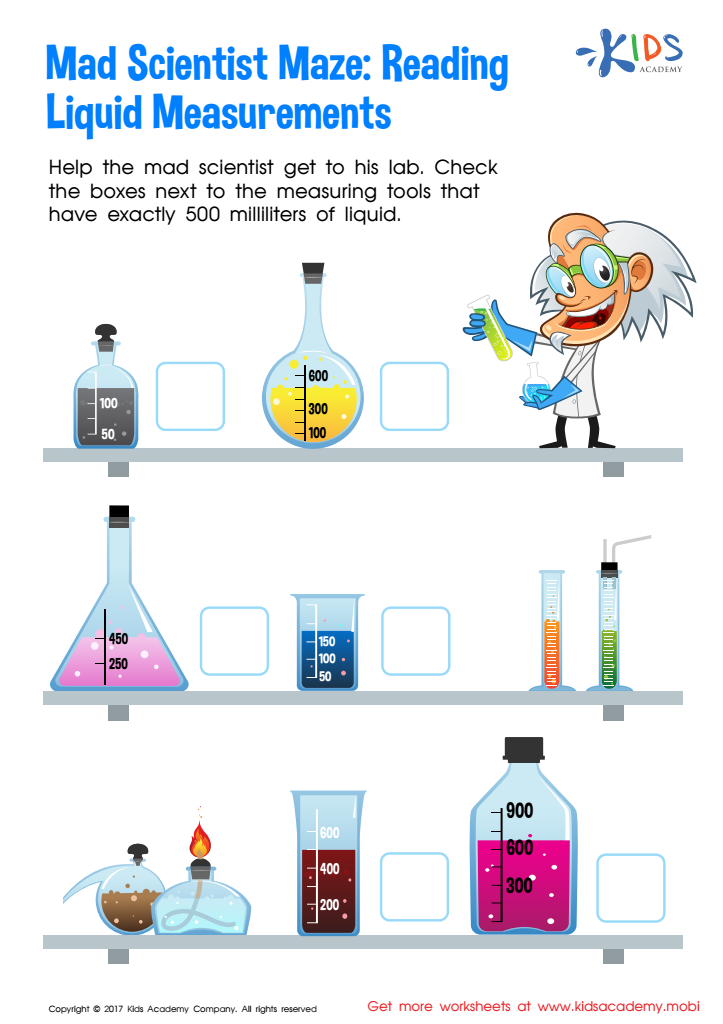

Reading Liquid Measurement Worksheet
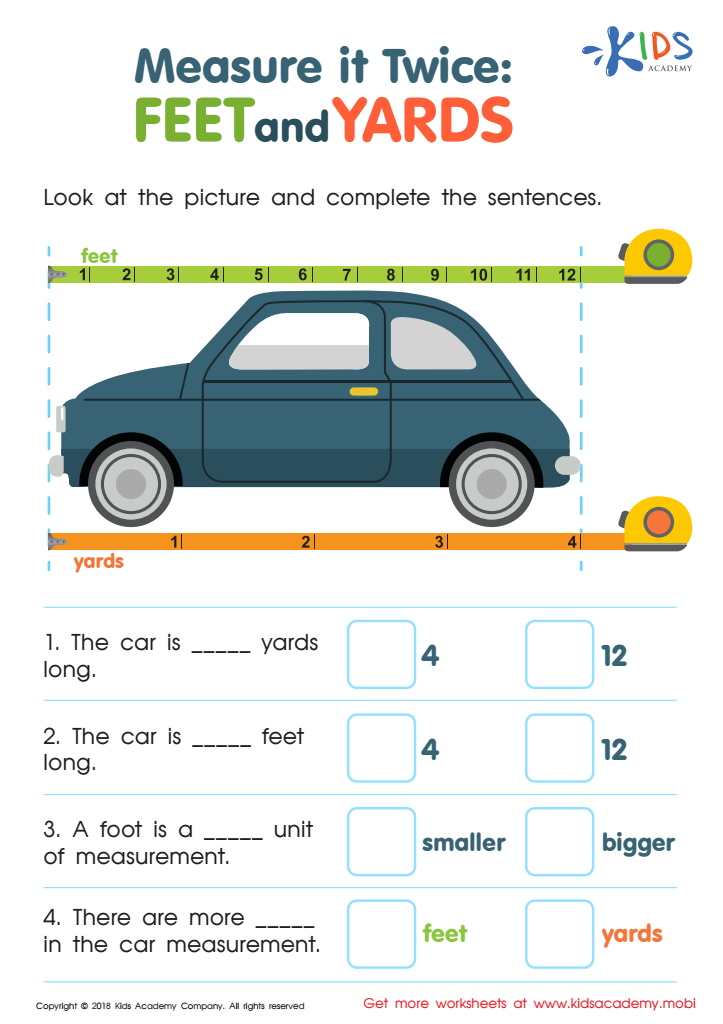

Measure It Twice: Feet and Yards Worksheet


Multiplying with Betsy Ross Worksheet


Sailing to the New World Division Worksheet
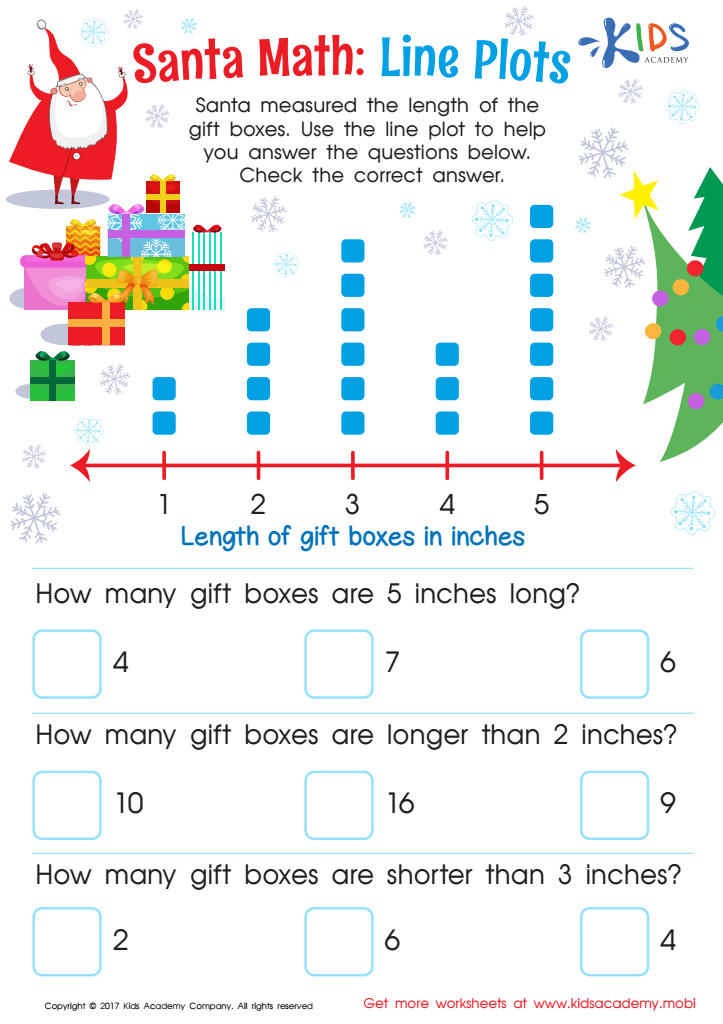

Line Plot Worksheet
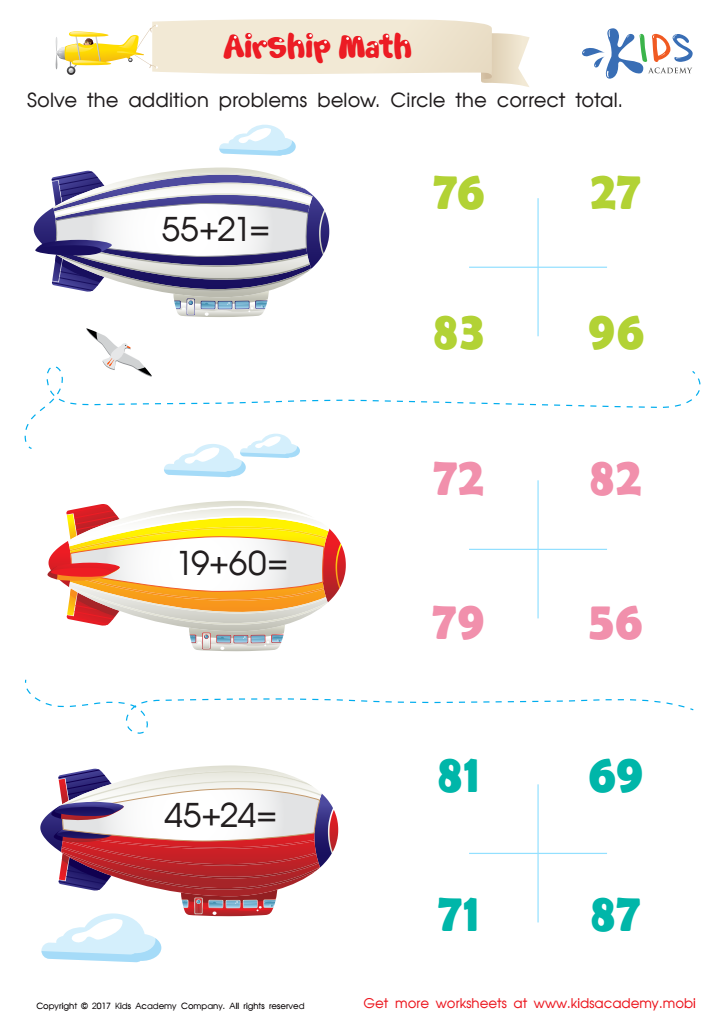

Airship Math Addition Printable
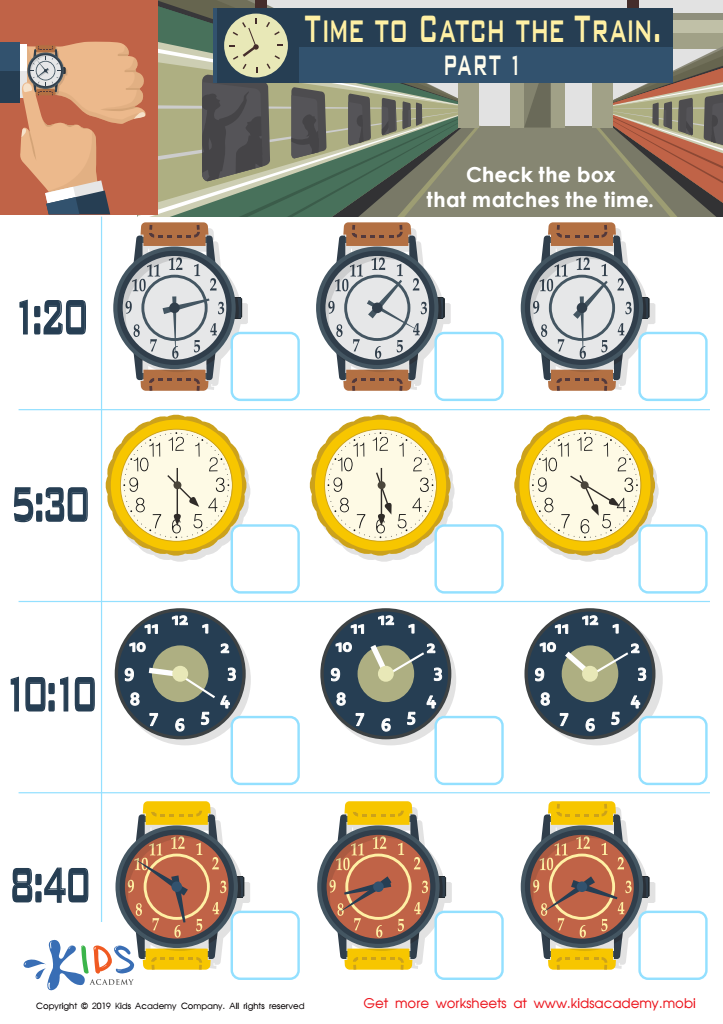

Time to Catch the Train Part 1 Worksheet
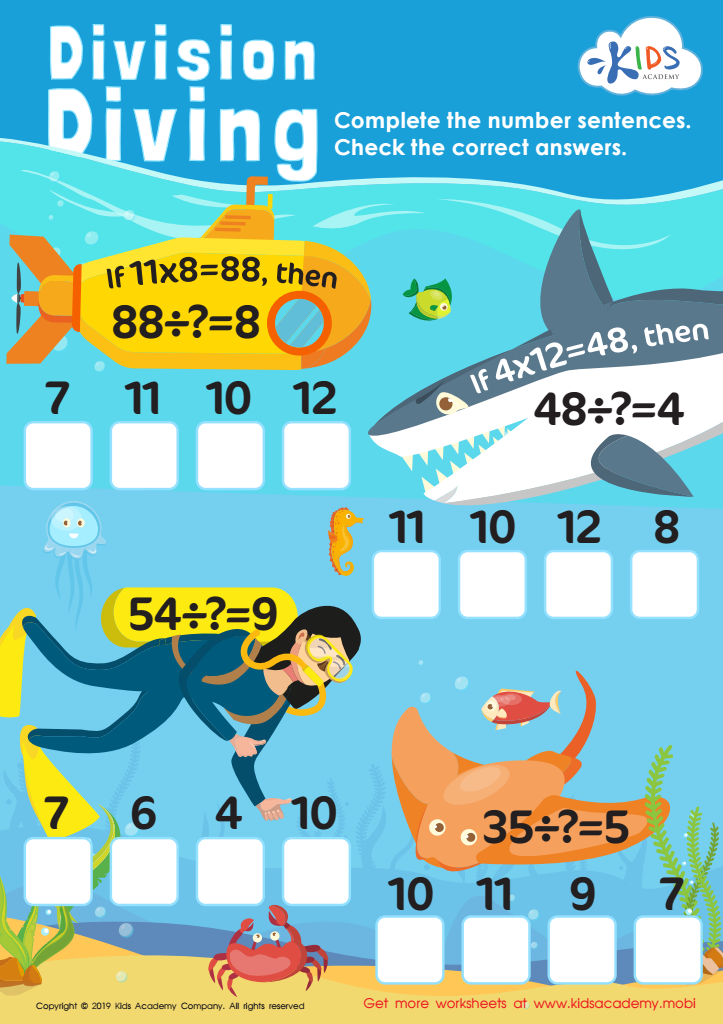

Division Diving Worksheet
Problem-solving skills in math are crucial for 8-year-olds as these abilities set the foundation for future academic success and everyday life. Developing strong problem-solving techniques at a young age encouragers critical thinking, reasoning, and the ability to approach challenges with confidence. When parents and teachers invest in nurturing these skills, they equip children with tools to tackle increasingly complex mathematical concepts and real-world issues as they progress in their education.
Additionally, problem-solving fosters resilience and persistence. Children learn that it’s okay to struggle with a problem and to seek solutions through trial and error. This skill translates beyond math—young learners become adept at navigating various challenges, which is invaluable in increasingly complex environments.
Moreover, building problem-solving skills early on helps promote engagement and enjoyment in math, encouraging a positive attitude toward the subject. This engagement can lead to a greater inclination to pursue STEM-related areas in the future.
Ultimately, by prioritizing problem-solving approaches in mathematics, parents and educators cultivate a generation of innovative thinkers, enhancing not only their academic trajectories but also their ability to contribute meaningfully to society. These foundational experiences significantly influence children's confidence and success in all endeavors.
 Assign to My Students
Assign to My Students







.jpg)








